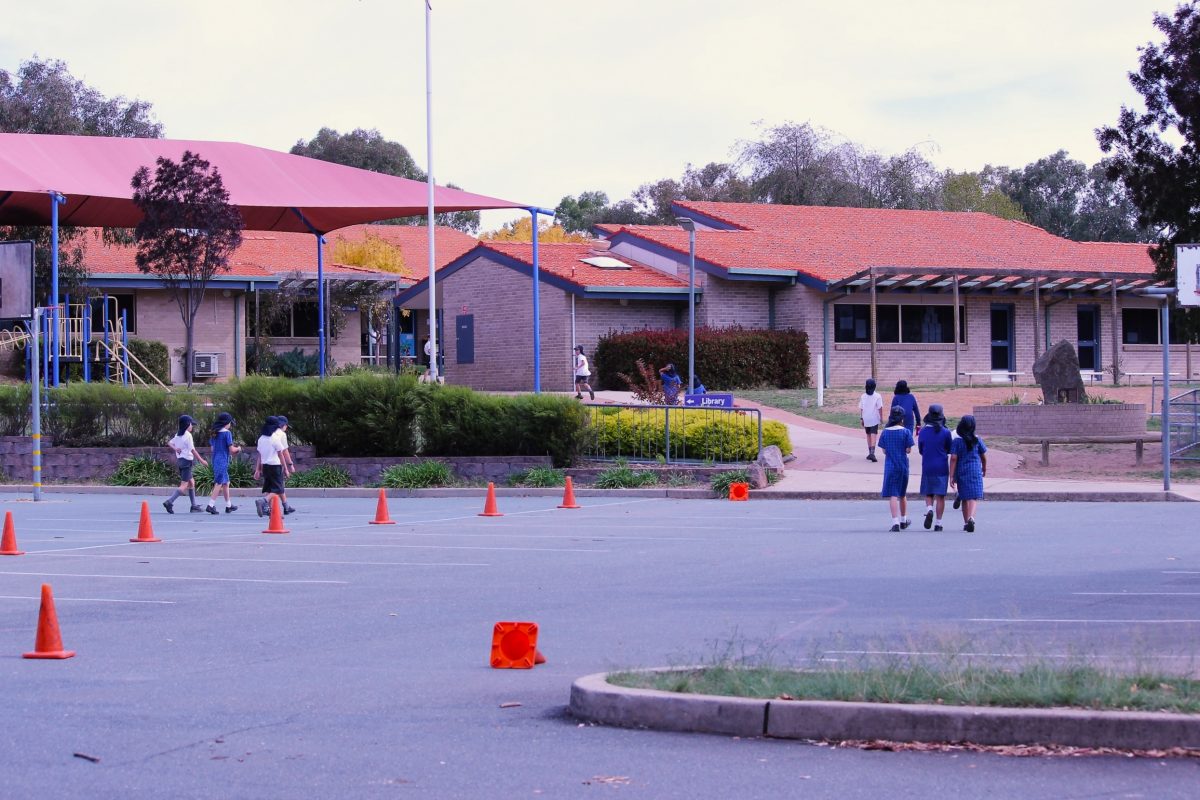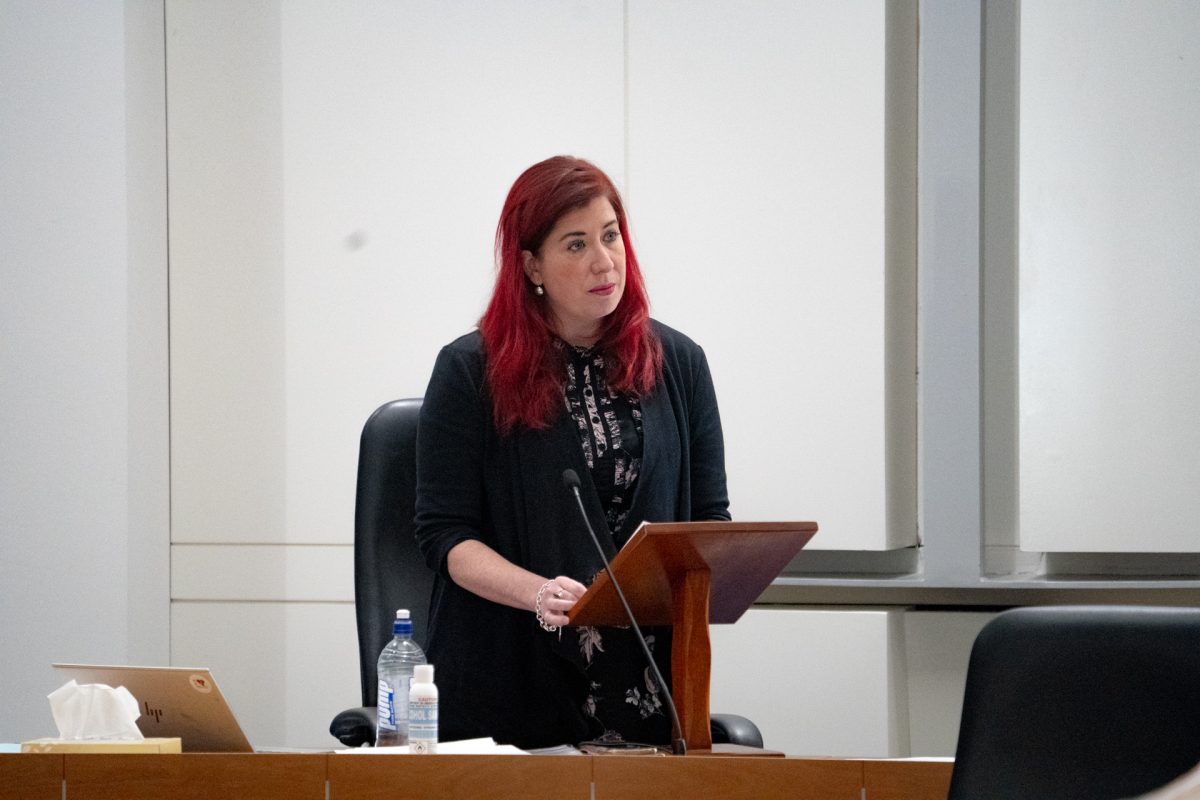
Students at Covenant Christian School in Gordon. Photo: Covenant Christian School.
The ACT Government has confirmed religious schools will still be free to pick and choose staff and students based on their beliefs, following a “drafting issue” in proposed changes to local discrimination laws.
Minister for Human Rights Tara Cheyne tabled a raft of reforms to the ACT Discrimination Act on 1 June. This followed consultation from October last year with “a diverse range of individuals and organisations”, including religious bodies.
Amendments include expanding coverage of the Discrimination Act to more areas of public life, refining exceptions to unlawful discrimination, and introducing a positive duty to eliminate discrimination.
The draft was published on the Your Say Conversations website.
Religious schools across the Territory lost no time in reacting, arguing the definition of “religious educational institutions” in the draft was ambiguous.
It potentially left those with no direct connection to a denomination exposed if a claim is made against them for hiring someone of another faith or no faith. This includes, most notably, schools not under the Catholic or Anglican umbrella.

Human Rights Minister Tara Cheyne Photo: Region.
In a letter obtained by Region, the ACT Justice and Community Safety directorate wrote to several school principals to say the draft Bill had “inadvertently changed the definition of religious educational institution”.
It describes a religious educational institution as being associated with “a religious body that does not have a commercial purpose as its sole or main purpose”.
“We understand that this could create uncertainty about whether the exceptions would still apply to religious schools that are not affiliated with a particular church or religious body,” the letter states.
“Please be assured it was not our intention to change the application of the Discrimination Act to the enrolment or employment practices of religious schools in the ACT. We will amend the final bill to correct this drafting issue.”
The current Discrimination Act includes over 50 exemptions, many of them in place since the bill commenced in 1991.
In her speech to the ACT Legislative Assembly, Ms Cheyne said many of these will now require consideration of whether the discrimination is “reasonable, proportionate and justifiable in the circumstances”.
As it stands, religious schools would still be able to employ staff and enrol students based on their religion.
Meanwhile, religious bodies such as churches, mosques and synagogues would have to show that having a particular faith genuinely affects a person’s role.
“For example, a Christian disability support service cannot preference a Christian cleaner – but could preference a Christian for a pastoral care role,” Ms Cheyne said.
“Religious bodies will not be able to discriminate in providing goods and services except on the grounds of religious conviction and where it is reasonable, proportionate and justifiable.”
Martin Keast is the principal of Covenant Christian School in Gordon and elder in the Christian Reformed Church of Canberra in Rivett. One of his biggest concerns is the “potential for having to spend a lot of time and money justifying our practices and teachings to a secular tribunal”.
Historically, Australia’s courts have sought to avoid making decisions on religious doctrine and belief, recognising they are ill-equipped and poorly positioned to do so. The amendments potentially put them at the heart of religious observance.
Mr Keast said the Discrimination Act should have clear protections to prevent it from being used to “mute the Christian witness and teaching of churches and Christian schools”.
“It is a human right for parents to be able to select an education for their children that aligns with their religious beliefs.”
Ms Cheyne said the bill was part of a consultation process and she was happy to receive feedback from those who believe they may be affected.
“I am surprised to hear that’s been any of the early feedback because this is about refining the exceptions. This is about making it simpler and easier to understand,” she said.
Submissions to the draft bill are due by 1 July 2022.












